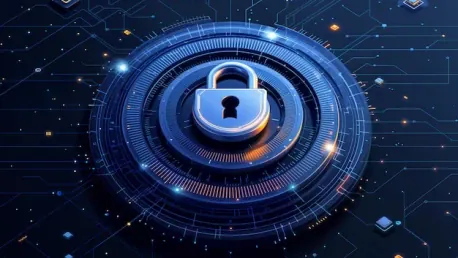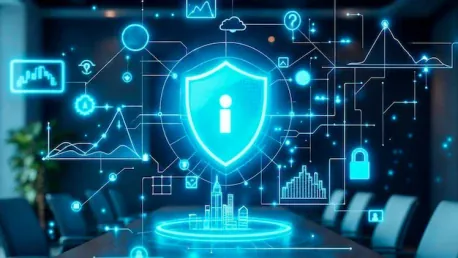
AI has revolutionized financial crime risk management by integrating cutting-edge technologies that help institutions effectively combat ever-evolving threats. With the surge in sophisticated cybercrimes and increasing regulatory demands, it has become critical for financial organizations to employ

The British government is advancing efforts to introduce the Cyber Security and Resilience Bill, aimed at significantly updating the country's cybersecurity regulations. This initiative highlights the urgent need to address pressing issues amid an ever-evolving cyber threat landscape. The

The increasing integration of artificial intelligence (AI) in various sectors has prompted an urgent call for enhanced cybersecurity measures. Rachel Tobac, CEO of SocialProof Security, highlighted this pressing issue during her keynote address at the recent Legalweek conference. Tobac, a

Namibia's cybersecurity landscape is facing an unprecedented challenge as cyberattacks and data breaches become increasingly frequent, necessitating urgent reforms to the country's cybercrime and data protection laws. Both the Communications Regulatory Authority of Namibia (CRAN) and the Ministry

Desiree Sainthrope is a renowned legal expert specializing in drafting and analyzing trade agreements. With extensive experience in global compliance, she is also interested in intellectual property and the evolving implications of technologies such as AI. Today, we have Desiree for an in-depth

In an alarming new development that underscores the continuous evolution of cyber threats, a phishing scam has emerged exploiting the esteemed name of the law firm Slaughter and May. This fraudulent email campaign strikes by accusing recipients of copyright infringement related to music content